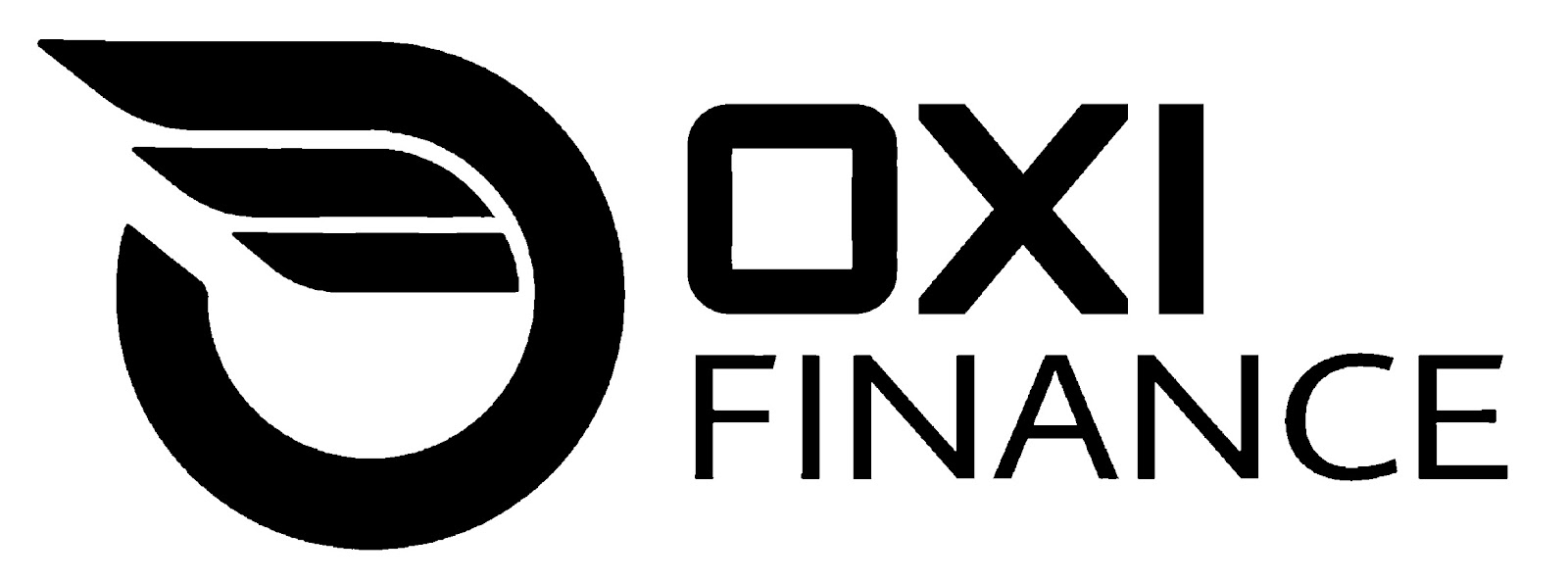The investigation follows a French individual who earned a significant profit on Polymarket by placing substantial bets on Trump’s victory in the U.S. election.
The Autorité Nationale des Jeux (ANJ), France’s gambling authority, announced on Thursday that it is investigating Polymarket's operations. A French bettor made global news this month after successfully wagering that Donald Trump would win the U.S. election through the crypto-based prediction platform.
The ANJ confirmed its inquiry into Polymarket, which saw unprecedented betting activity during the recent U.S. presidential race. The authority’s statement noted it is evaluating whether Polymarket complies with French gambling laws.
"We are aware of this platform and are reviewing its operations to assess whether it adheres to French gambling regulations," a spokesperson told CoinDesk. "We will provide an update shortly regarding our findings."
According to a report by French crypto news outlet The Big Whale, the ANJ is likely to block access to the site soon.
"Even though Polymarket operates using cryptocurrencies, it remains a form of betting, which is illegal in France," an anonymous source close to the ANJ explained.
The scrutiny arose after a French national, identified only by his first name, Theo, made a large profit on Polymarket by betting on Trump’s election win, despite polls indicating a tight race with Kamala Harris. Reports from The Wall Street Journal suggest Theo is on track to earn $50 million from his predictions.
Polymarket allows users to buy and sell shares based on the likelihood of future events. Each share, priced in cents, pays $1 in USDC if the outcome happens, or nothing if it does not, with the prices reflecting the market's odds.
The New York-based platform does not allow U.S. residents to participate and has been blocking U.S. IP addresses under a legal agreement with the Commodity Futures Trading Commission (CFTC), which accused Polymarket of operating without the necessary licenses.
Polymarket declined to provide a comment.
Supporters of prediction markets argue they provide a more accurate forecasting method than traditional polling by incentivizing participants to conduct thorough research, as they have financial stakes in the outcome.
However, election betting remains a contentious issue in several countries. In the U.S., the CFTC has been considering regulatory changes that would prohibit such betting on exchanges under its jurisdiction.

















0 Comments